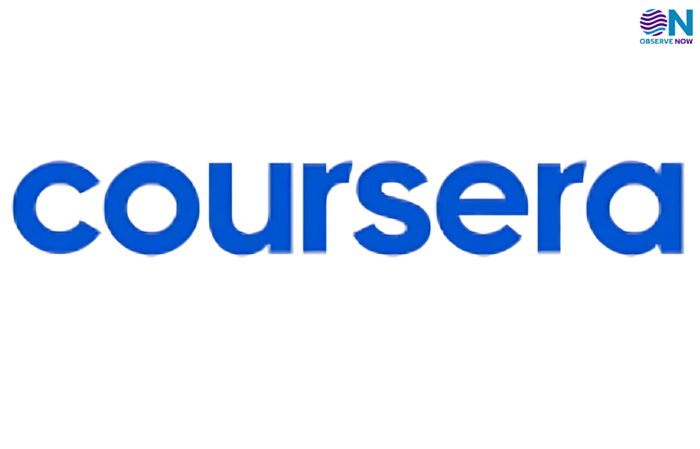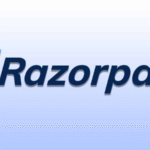Coursera Launches Upskilling Guide to Help Professionals Navigate the AI Transition

As generative artificial intelligence reshapes the global job landscape, online education leader Coursera has unveiled a comprehensive “AI vs Your Career” upskilling guide designed to help professionals adapt and thrive. Drawing on a blend of in-depth industry insights and practical learning pathways, the resource aims to equip workers with the knowledge and tools needed to stay relevant in an AI-augmented economy.
According to Coursera, demand for AI skills is surging across sectors, with employers increasingly prioritizing competencies such as prompt engineering, model deployment, and data ethics. A recent Coursera study found that professionals who add AI-related skills often see substantial gains in productivity, competitive advantage, and compensation—growing budgets for AI talent indicate that mastery of these skills is fast becoming a baseline requirement .
The guide begins by helping individuals assess where they stand. Whether you’re a software engineer, marketer, or business leader, understanding the AI use cases in your industry is crucial. Coursera recommends breaking down familiar roles into skill components—programming, data analysis, and problem-solving—and then anchoring AI learning around those domains. Python, statistics, and machine learning are highlighted as foundational skills, while non-technical competencies like critical thinking, communication, and ethical judgment are emphasized as increasingly valuable .
Its comprehensive approach lays out a clear progression: start with entry-level tools and concepts like generative AI, then advance toward specialized fields such as machine learning, NLP, and computer vision. Each stage is paired with recommended projects—like creating a sentiment-analysis model, automating a routine business task, or developing a small AI-powered app—to reinforce hands-on learning .
One distinctive feature of the guide is its spotlight on AI’s complementary roles. Drawing on economic research, Coursera underscores that while some routine tasks may be automated, demand is rising for human skills that augment AI—like ethical oversight, domain expertise, and creative problem-solving . The messaging is clear: AI does not replace humans entirely, but it does change what skills are most valuable.
Coursera also offers clear pathways for those considering a full career change. Through partnerships with top universities and tech firms, the platform now provides role-aligned credentials and micro-credentials in fields such as AI engineering, data science, and AI product management. These flexible programs allow for targeted upskilling or reskilling without committing to full degree programs, appealing to professionals seeking rapid transitions .
Importantly, the guide engages with ethical and social dimensions of AI. It encourages learners to understand bias in algorithms, data privacy implications, and the broader societal role of intelligent systems. Courses covering AI ethics, regulation, and responsible AI form a core part of the recommended curriculum—preparing professionals not just to build AI tools, but to build them responsibly.
To support learning, Coursera integrates practical tools on its platform. Features such as AI-powered course suggestions, virtual coaching, and performance analytics allow individuals to track progress and adapt learning paths. These embedded recommendations ensure ongoing relevance and continuous improvement .
As digital transformation accelerates worldwide, “AI vs Your Career” provides a structured roadmap for navigating disruption. By balancing foundational technical training, real-world application, and ethical awareness, the guide offers professionals a robust template for future-readiness. In the age of AI, Coursera is betting that those who actively learn and adapt will not just survive—but lead the next frontier of work.
















